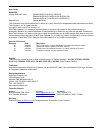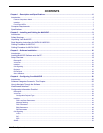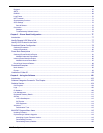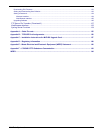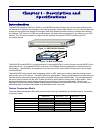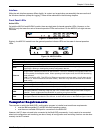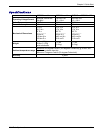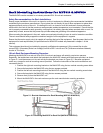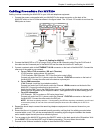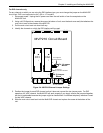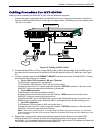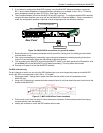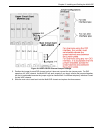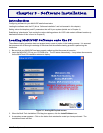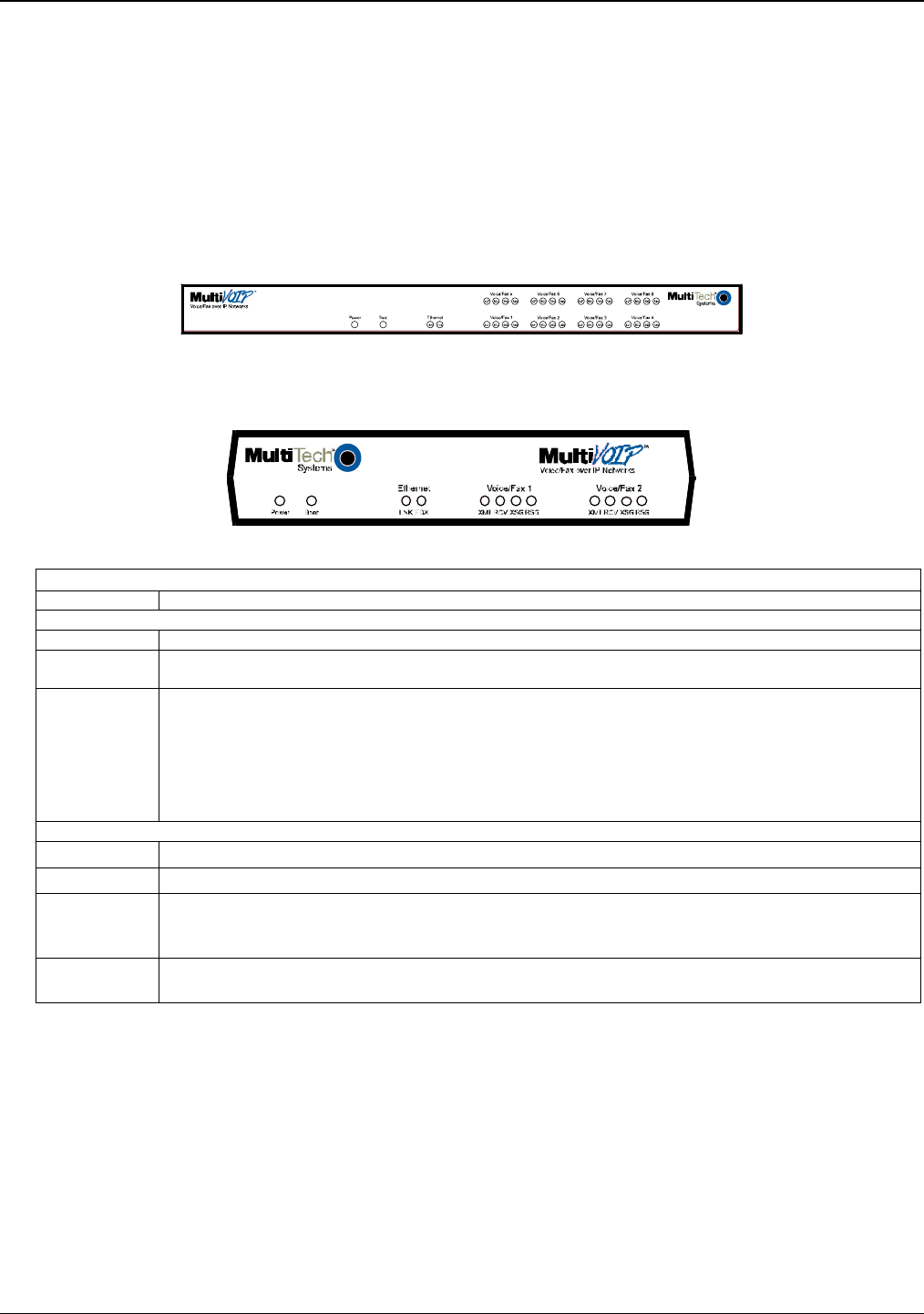
Chapter 2: Quick Start
Multi-Tech Systems, Inc. 7
Interface
While the web interface appears differs slightly, its content and organization are essentially the same as that of
the Windows interface (except for logging). These will be addressed in the following chapters.
Front Panel LEDs
Active LEDs
On both the MVP410 and MVP810 models, there are eight sets of channel-operation LEDs. However, on the
MVP410, only the lower four sets of channel-operation LEDs are functional. On the MVP810, all eight sets are
functional.
Figure 1-3. MVP410/810 LEDs
Similarly, the MVP210 models have the general-operation indicator LEDs and two sets of channel-operation
LEDs.
Figure 1-4. MVP210 LEDs
Front Panel LED Definitions
LED Description
General Operation LEDs (one set on each MultiVOIP model)
Powe
r
Indicates presence of power
Boot
After power up, the Boot LED will be on briefly while the MultiVOIP is booting. It lights whenever the
MultiVOIP is booting or downloading a setup configuration data set
Ethernet
FDX. LED indicates whether Ethernet connection is half-duplex or full-duplex (FDX) and, in half-
duplex mode, indicates occurrence of data collisions. LED is on constantly for full-duplex mode; LED
is off constantly for half-duplex mode. When operating in half-duplex mode, the LED will flash during
data collisions.
LNK. Link/Activity LED. This LED is lit if Ethernet connection has been made. It is off when the link
is down (i.e., when no Ethernet connection exists). While link is up, this LED will flash off to indicate
data activity.
Channel-Operation LEDs (one set for each channel)
XMT
Transmit. This indicator blinks when voice packets are being transmitted to the local area network.
RCV
Receive. This indicator blinks when voice packets are being received from the local area network.
XSG
Transmit Signal. This indicator lights when the FXS-configured channel is off-hook, the FXO-
configured channel is receiving a ring from the Telco, or the M lead is active on the E&M configured
channel. That is, it lights when the MultiVOIP is receiving a ring from the PBX.
RSG
Receive Signal. This indicator lights when the FXS-configured channel is ringing, the FXO-
configured channel has taken the line off-hook, or the E lead is active on the E&M-configured channel.
Computer Requirements
The computer on which the MultiVOIP’s configuration program is installed must meet these requirements:
• must be IBM-compatible PC with MS Windows operating system;
• must have an available COM port for connection to the MultiVOIP.
However, this PC does not need to be connected to the MultiVOIP permanently. It only needs to be connected
when local configuration and monitoring are done. Nearly all configuration and monitoring functions can be done
remotely via the IP network.




